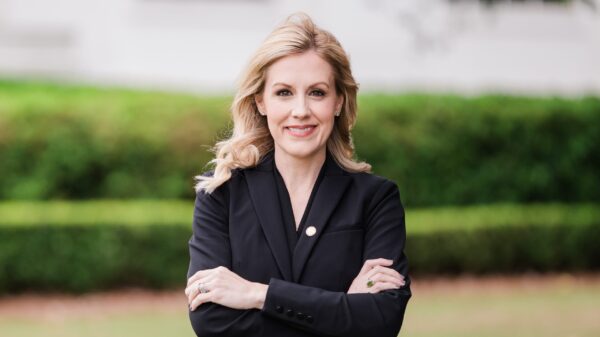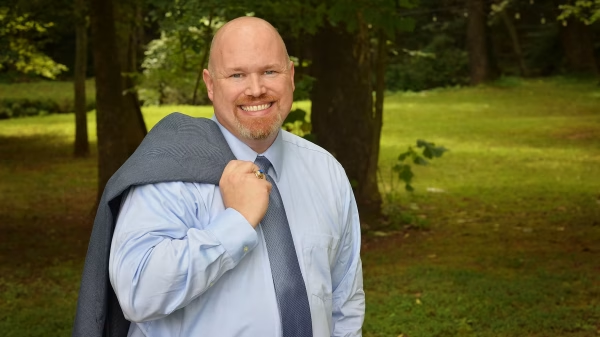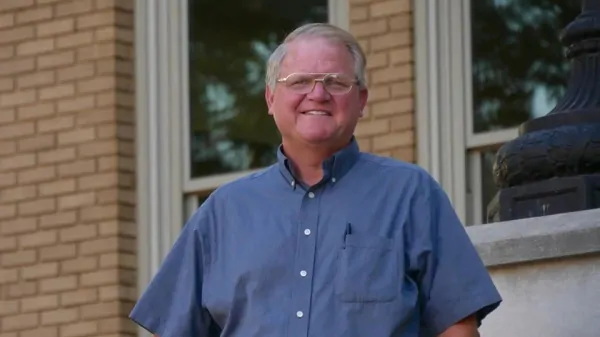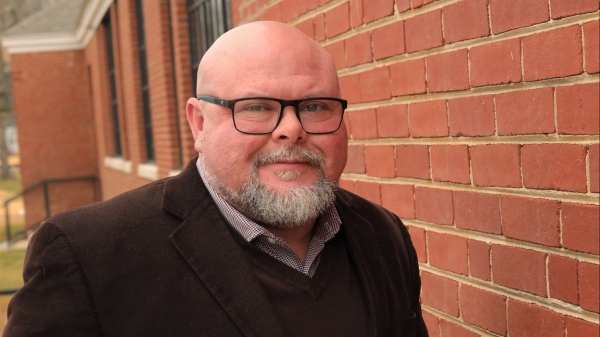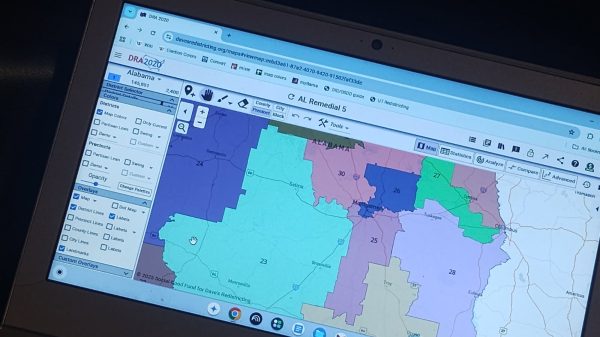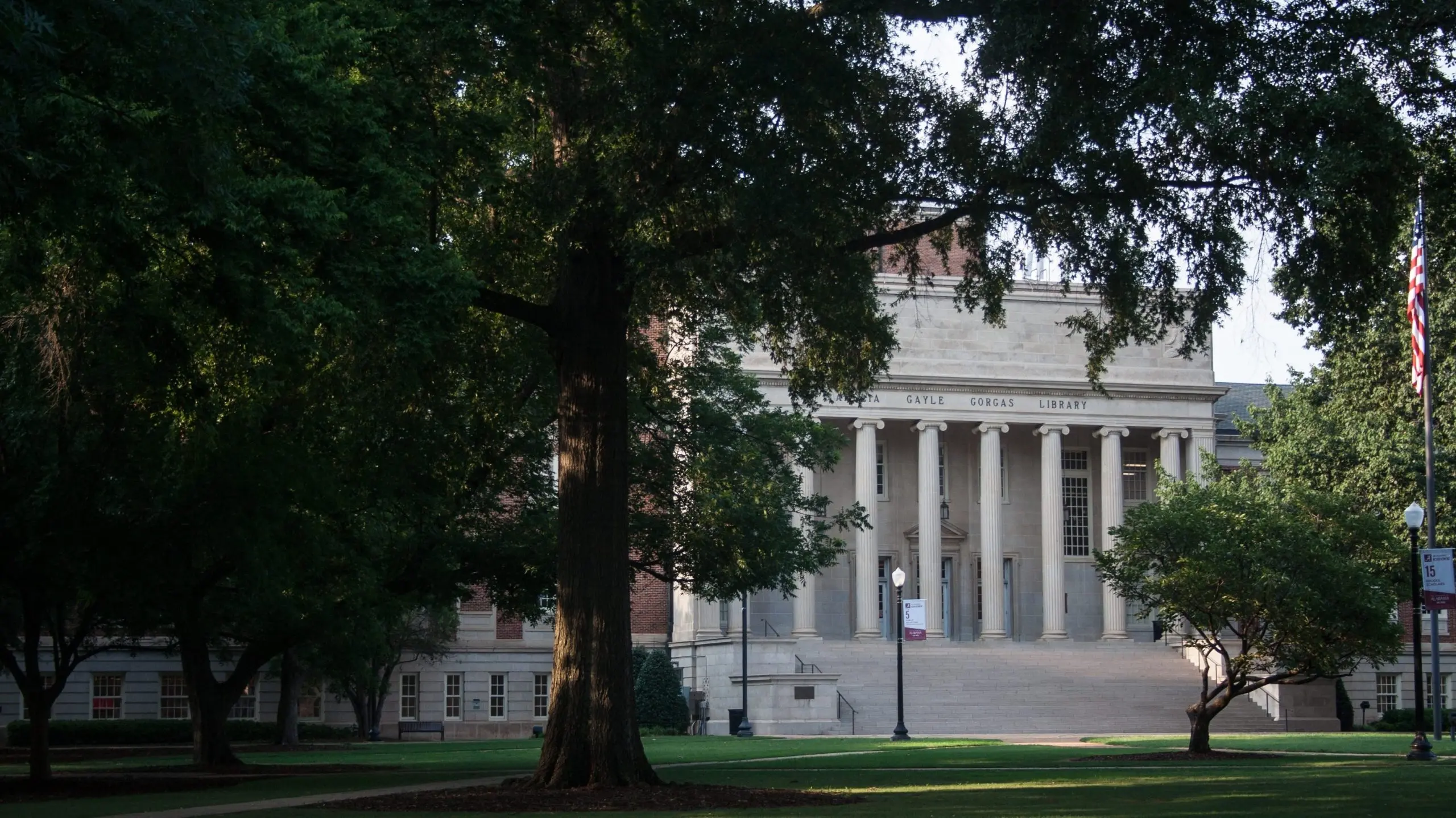Methods to reclaim and recycle Alabama’s coal ash sites are among the research projects funded through a $1.6 million package awarded by Gov. Kay Ivey to the state’s universities and research institutions.
The eight grants from the Alabama Research and Development Enhancement Fund provide funds to help create advances in health and medicine, products and services, agriculture and other fields of science and technology.
“Our universities and research institutions consistently produce innovations that have the potential to positively impact not only Alabamians but people worldwide,” Gov. Ivey said. “The breadth and significance of this research is far reaching and profound for both our economy and our environment, and I am proud to support these projects through these grant awards.”
The University of Alabama received two grants totaling nearly $600,000 to address coal ash disposal in the state. Coal ash, a byproduct of coal-fired electrical power plants, contains contaminants that can pollute waterways and the air, according to the U.S. Environmental Protection Agency.
- A $366,800 grant awarded to UA would fund the development of advanced methods to recover rare earth elements like lithium, nickel and zinc from coal ash deposits. Lithium, a key component in batteries produced for electric vehicles, could be reclaimed for that purpose.
- A second grant for $231,361 will support research on reclaiming coal ash for use in the concrete industry, turning a hazardous byproduct into a valuable resource.
The university was awarded a total of four grants through the program.
The research and development fund was established by the Alabama Legislature in 2019 and signed into law by Gov. Ivey as part of the Alabama Innovation Act. The Alabama Department of Economic and Community Affairs’ Energy Division is administering the research grant program.
“ADECA is pleased to be a partner in these ground-breaking innovations, and we congratulate these institutions for their research achievements,” ADECA Director Kenneth Boswell said.
The other grants are:
- University of Alabama – $236,263 to develop concrete panels designed to withstand high winds from tornadoes and hurricanes. The project involves a collaboration with GATE Precast, a concrete product supplier in Monroeville.
- University of Alabama– $100,745 to research 3D-printed concrete wall forms using ultra-high-performance concrete panels for strong, cost-effective and sustainable structures.
- Southern Research Institute (Birmingham) – $174,684 to explore methods for reducing the aging process and the natural decline of energy cells in the human body.
- Southern Research Institute (Birmingham) – $124,961 to develop a hydrogel-based product to aid in the healing of certain wounds.
- Auburn University – $104,898 to advance employment opportunities, products and services through new advertising technologies.
- HudsonAlpha Institute for Biotechnology (Huntsville) – $325,000 to conduct research relating to bio-based materials for construction with an aim to reduce carbon emissions.
ADECA administers an array of programs supporting law enforcement and traffic safety, economic development, energy conservation, water resource management and recreation development.


